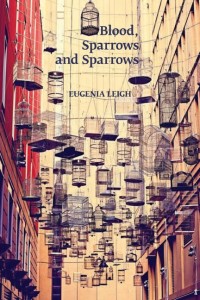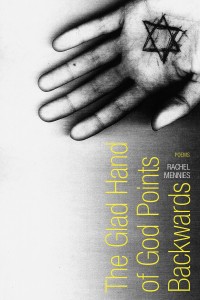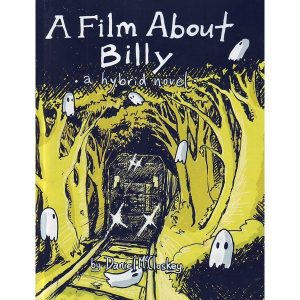
Four Way Books
$15.95, 84 pages
Review by Rachel Mennies
In Greek myth, the seven sisters we call Pleiades committed suicide after the death of their father, the titan Atlas (tasked with separating the heavens from the earth upon his back). While alive, each individual sister lived at the mercy of the impulses of various gods and men, sometimes even bearing their children; in their individual mythologies, their legacies are not kept separate from the ones men made with them or onto them, and they appear in our sky today as a unit of sisters—bound together as stars.
In Blood, Sparrows and Sparrows (Four Way Books), the poet Eugenia Leigh’s first collection, we meet Sisters; we meet Father, too, and Mother. Leigh builds these figures out to the scale of myth throughout her book, both as forces bound together by trauma and as personae often compromised by their fraught, epic-scaled loves. Steeped in questioning worship and a profound hunger for bodily life, the speakers of Leigh’s gorgeously imagistic, lyric book search for ways out of and back into the family unit, casting an unflinching stare on abuse, desire, and the destruction wreaked by both forces. Continue reading
![[PANK]](http://pankmagazine.com/wp-content/themes/pank/assets/images/pank-logo-large.png)





